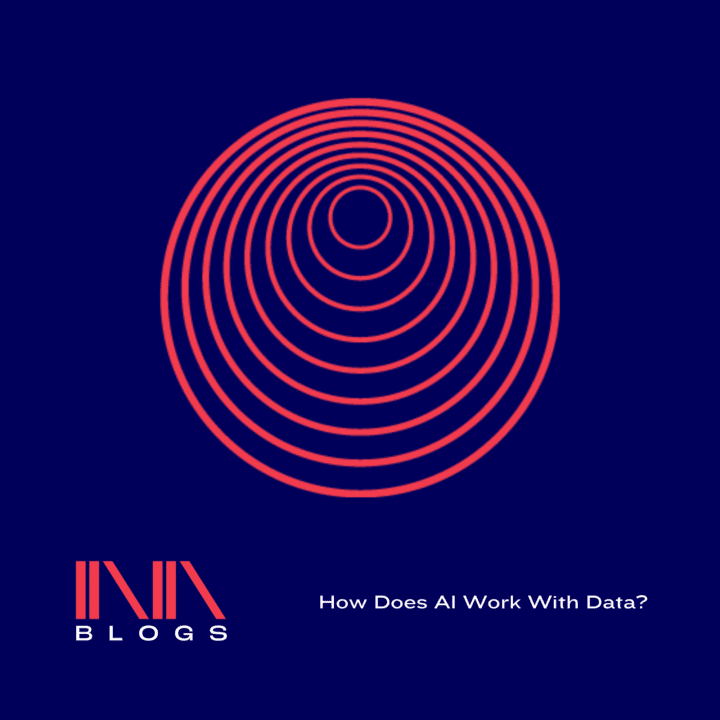
In today’s rapidly evolving world, the digital economy has emerged as a transformative force, reshaping the way businesses operate, compete, and thrive. The fusion of technology, data, and connectivity has ushered in a new era of possibilities, enabling businesses to reach global markets, enhance operational efficiency, and revolutionise customer experiences. In this comprehensive guide, we delve into the nuances of the digital economy and explore its profound impact on businesses across industries.
What is the Digital Economy?
The digital economy or virtual/online economy refers to the ecosystem where economic activities are conducted through digital technologies, networks, and platforms. It encompasses everything from e-commerce and digital marketing to cloud computing and data analytics. As businesses increasingly adopt digital tools and strategies, the impact on their operations and growth prospects becomes undeniable.
How the Digital Economy Transforms Businesses?
The digital economy is transforming the way companies operate and how people work and live. It is creating new business models, streamlining operations, and connecting people and businesses around the world. The virtual economy is powered by a wide range of technologies, including artificial intelligence, big data analytics, cloud computing, and the Internet of Things (IoT). Let’s see how the digital economy is transforming businesses.
Shifting Business Models
In the digital economy, traditional business models are being disrupted and reshaped. Companies are moving away from conventional brick-and-mortar setups and embracing online channels to connect with customers. E-commerce platforms have become vital for retailers, enabling them to tap into a global customer base and offer personalised shopping experiences.
Enhanced Customer Engagement
Customer expectations have evolved in the digital era. Businesses now need to provide seamless online experiences, quick responses on social media, and personalised communication. By leveraging data analytics, companies can gain insights into customer preferences, enabling them to tailor their offerings and create lasting relationships.
Data as a Strategic Asset
Data has emerged as a cornerstone of the digital economy. Businesses gather vast amounts of data from various sources, allowing them to gain valuable insights into market trends and consumer behaviour. Analysing this data empowers businesses to make informed decisions, refine strategies, and develop products that resonate with their target audience.
Embracing Automation and AI
Automation and artificial intelligence (AI) are revolutionising how businesses operate. Repetitive tasks can now be automated, freeing up human resources for more strategic endeavours. AI-powered insights help businesses identify growth opportunities, optimise supply chains, and enhance customer service through chatbots and virtual assistants.
The Digital Economy’s Impact on Various Sectors
1. Rise of the Gig Economy
One of the key impacts of the digital economy is that it has enabled new forms of innovation and entrepreneurship. Digital technologies have made it easier for individuals and small businesses to enter new markets and compete with larger companies. This has led to the rise of the gig economy, where people work on a freelance basis and are able to earn income through online platforms such as Uber, Airbnb, and TaskRabbit.
2. Banking and Finance
The online economy has reshaped the financial sector with the emergence of fintech. Online banking, mobile payment apps, and digital wallets have revolutionised how people manage their finances. These innovations have also expanded access to financial services for underserved populations.
3. Healthcare Transformation
In healthcare, the digital economy has facilitated the rise of telemedicine, enabling patients to receive medical consultation and treatment remotely. Additionally, electronic health records (EHRs) streamline patient data management and enhance collaboration among healthcare providers.
4. Educational Revolution
The education sector has witnessed a digital revolution, with e-learning platforms offering flexible and accessible learning opportunities. The digital economy allows individuals to acquire new skills, pursue online degrees, and access educational resources from anywhere in the world.
5. From Brick-and-Mortar to Click-and-Order
Traditional retail has evolved into e-commerce, offering consumers the convenience of shopping from their devices. Retailers leverage data to personalise recommendations, optimise pricing, and enhance the overall online shopping experience. With the rise of e-commerce platforms and mobile applications, consumers can now shop and make purchases from anywhere in the world, at any time of day.
6. Driving Economic Growth
Another important aspect of the digital economy is the role it plays in driving economic growth and job creation. According to a report by the World Economic Forum, the digital economy is expected to create 65 million new jobs globally by 2025.
Conclusion
The digital economy has ushered in an era of unprecedented opportunities and challenges for businesses. Embracing digitalization is no longer an option; it’s a necessity for survival and growth. From transforming business models to enhancing customer engagement and leveraging data and technology, the digital/online economy is reshaping industries across the board. As we navigate this dynamic landscape, businesses that harness the power of the digital economy are poised to thrive in a future where innovation knows no bounds.
Frequently Asked Questions (FAQs)
How has the online economy transformed traditional business models?
Business models are shifting from physical storefronts to online platforms, allowing companies to reach a global customer base and offer personalised experiences.
What role does data play in the digital economy?
Data is a strategic asset that provides insights into market trends and consumer behaviour. It empowers businesses to make informed decisions and refine their strategies.
How does the virtual economy impact customer engagement?
It requires businesses to provide seamless online experiences and personalised communication to meet evolving customer expectations.
What changes have occurred in the education sector due to the digital economy?
The education sector has experienced a revolution with e-learning platforms, offering flexible learning opportunities and access to educational resources globally.










